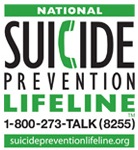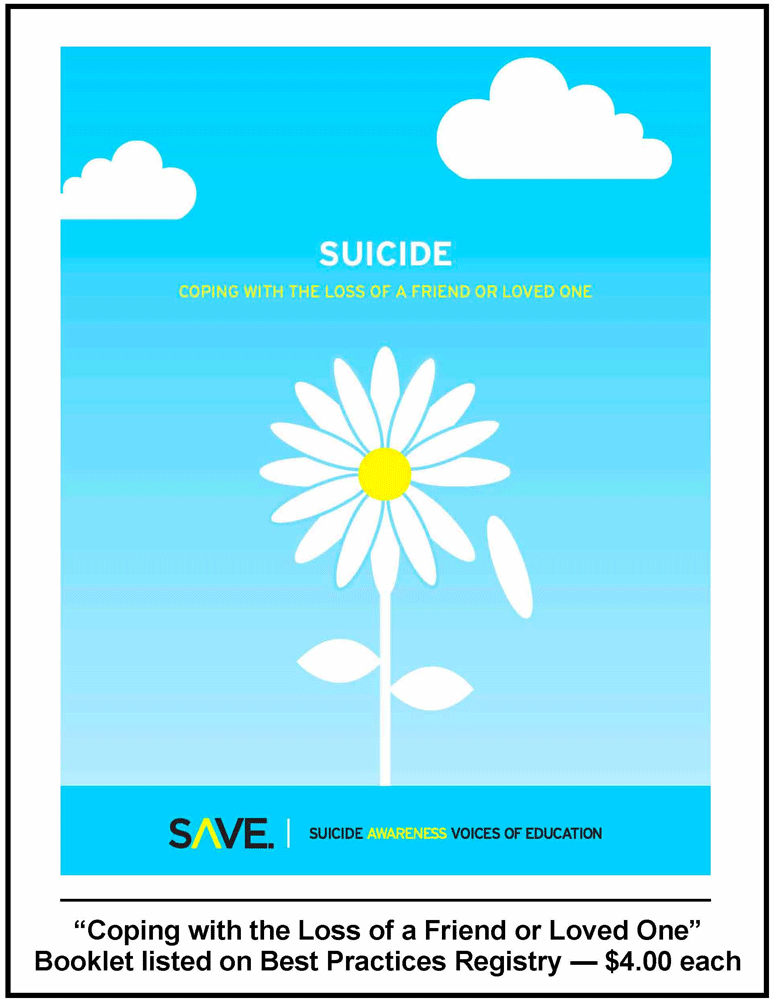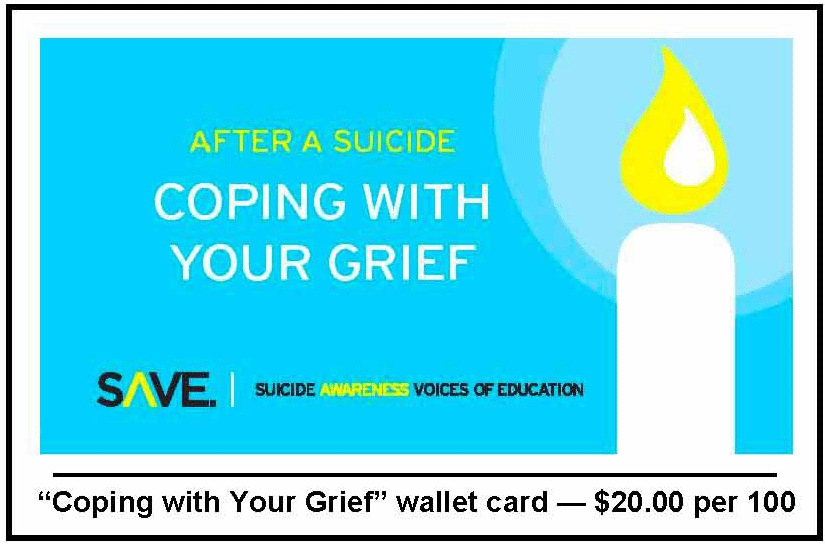Advice on Holiday Grief: Do What's Right for You
The holiday season always comes with numerous news stories intended to help bereaved people take care of themselves during a time that can be difficult for anyone who has lost a loved one. The advice below -- from renowned bereavement expert Kenneth Doka -- stands out for its wisdom, clarity, and usefulness.
During a grief therapy session Doka was facilitating with several widows,
One woman whose husband recently died asked, "Who should sit at the head of the table?" taking her husband's place. [Doka] asked the group how they had handled it. One woman placed her youngest grandchild there to remind the family of its continuity. Another said her eldest son sat there. Another woman said that she sat there since she was now the family leader.
Which response was right? "They all were. Each response met the needs of the person, and each was a comfortable choice," explained Doka.
This is the key to coping with the holidays: Find the way that is right for you.
Doka is a senior consultant for Hospice Foundation of America, and his recommendation is part of a brief and helpful HFA article, "Grief and the Holidays."
Another excellent excellent resource about self-care during the holidays comes from TAPS (Tragedy Assistance Program for Survivors), which offers this list of suggestions:
- Take charge of your holiday season. Anticipating the holiday, especially if it's the first one without a cherished family member, can be worse than the actual holiday. Taking charge of your holiday plans and mapping out how you will spend your time can help relieve anxiety.
- Make plans. Plan to spend the holidays where you feel nurtured, emotionally safe, and comfortable. Having a plan will help you navigate the holiday season and its activities. But remember to plan for flexibility, as you may not know how you will respond emotionally, especially if it is your first or second holiday season after the death of a loved one.
- Find sustenance for the soul. Your church, synagogue, mosque or other faith community may offer services, resources, and support networks for the bereaved. You may want to look for a support group for people who are grieving and have suffered a similar loss (see, for instance, SAVE's Suicide Bereavement Support Group Database). Families who have lost a loved one serving in the military may find comfort by connecting with other survivors through the TAPS online community, peer support groups, peer mentoring or care groups.
- Don't be afraid to change your holiday traditions. Some traditions may be a comfort, while others can cause pain. Consider which traditions to keep, and which ones to forego this year. Do not feel like you have to do something because you have always done it that way.
- Include your lost loved one in gift-giving. Consider making a donation to a charity in memory of your loved one (see, for instance, the Named Memorial Program, which supports SAVE's mission). Give a gift on behalf of your loved one to someone else.
- Create a tribute. Light a candle, display a favorite photograph, or set a place at the dinner table to represent the missing loved one. Consider writing a letter to your loved one about the holidays and your special memories with that person.
- Be gentle with yourself. Realize that familiar traditions, sights, smells and even tastes may be comforting, or may jolt your emotions. This is the time of year when you need to be careful with your emotions and listen to yourself.
- Attend holiday functions if you can. Consider attending holiday parties and events, especially if you'll be able to spend time with supportive family members and friends. Make an escape plan in case the event is more than you can handle, and trust your hosts to understand if you need to slip out. If you think a holiday gathering might be more than you can bear, it is OK to stay home.
- Don't pretend you haven't experienced a loss. Imagining that nothing has happened does not make the pain of losing a loved one go away, nor does it make the holidays easier to endure. Even though holiday memories may be painful, they can be comforting. It is OK to talk with others about what you have lost and what the holidays mean to you.
- Pay attention to your health. It's often difficult for people who have experienced a recent loss to sleep. Make sure you get regular rest and drink lots of water. Do not over-indulge in sweets or alcohol. If you feel overwhelmed, talk with your medical care provider.
- Take stock of both joy and sadness. Give yourself permission to feel joy as well as sadness. Don't feel like you have to "be a certain way" because of your loss, or because it is the holidays. Just be yourself.
- Express your feelings. Bottling up your feelings may add to distress, not lessen it. To express your feelings, use your creativity to write a poem, talk with a supportive friend, create a painting, or pen a journal entry.
- Share your holiday season with someone else. There are many lonely people who might like to experience the holiday season alongside someone else. Consider volunteering with a local charity or soup kitchen, inviting a neighbor for a special holiday meal, or including others in your holiday activities.
- Franklin Cook's blog
- Log in to post comments






Comments
Franklin Cook
Sat, 12/24/2011 - 08:42
Permalink
Free webinar recording on holiday grief